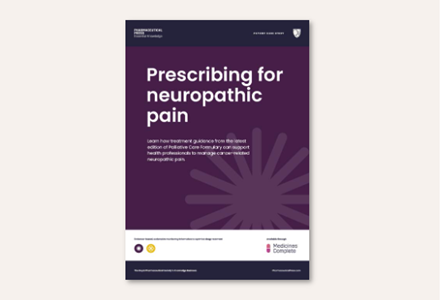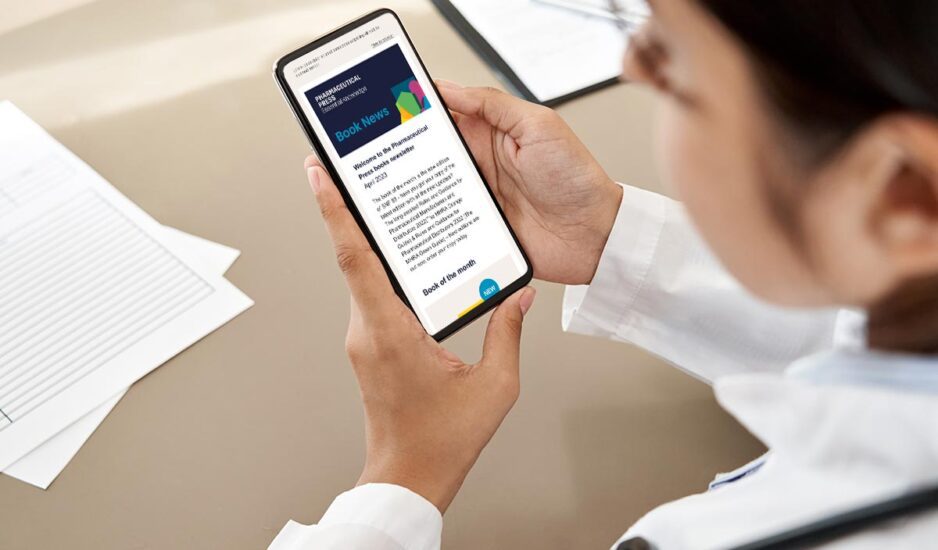23 May 2023
From June 2023, BNF Publications will be more clearly and consistently identifying specialist drug monographs within content, by including the words “Specialist drug” alongside the monograph title. This feature will be applied to existing monographs, and to monographs moving forward, that are used within specialist settings (such as drugs used for malignancy, and those given via intravitreal injection). These “specialist drug” monographs will contain less detail than a regular monograph within BNF Publications. A “specialist drug” monograph will continue to include information to support patient safety and non-specialist patient care (such as important safety information, interactions, side-effects, and contra-indications), but it will not contain information which is within the remit of specialist care (such as doses, and directions for administration).
Why are these changes being made?
Based on the primary use case of BNF Publications, supporting non-specialist clinical practice, the preface of the BNF sets out that less detail is given for specialist areas such as malignant disease. However, there has been no consistent style used within BNF monographs to highlight to users that a drug is used in these specialist areas.
Over the last year, we have undertaken research to understand how we could ensure that specialist drug content in BNF Publications is aligned with the stated scope within the preface, and with the primary use case of the BNF. Analytics around the use of BNF Publications’ content confirmed that specialist drug content is accessed much less frequently than drug content for non-specialist use. User research supported the analytics, and showed that those users who did access specialist content were most commonly looking at safety information, such as contra-indications, interactions, and side-effects.
The results of this research have enabled us to critically review the information that should be included within specialist drug monographs. “Specialist drug” monographs will contain less detail than a regular monograph within BNF Publications, in a consistent format. A “specialist” monograph will continue to include information to support patient safety and non-specialist patient care (such as important safety information, interactions, side-effects, and contra-indications), but it will not contain information which is within the remit of specialist care (such as doses, and directions for administration). The current level of additional prescribing information has been retained for drug monographs that have a mix of specialist and non-specialist uses (such as methotrexate that is used for both malignancy and rheumatological conditions).
This new feature will appear within the June 2023 monthly digital update and the BNF app, and will be present within the September 2023 print editions of BNF and BNF for Children.





